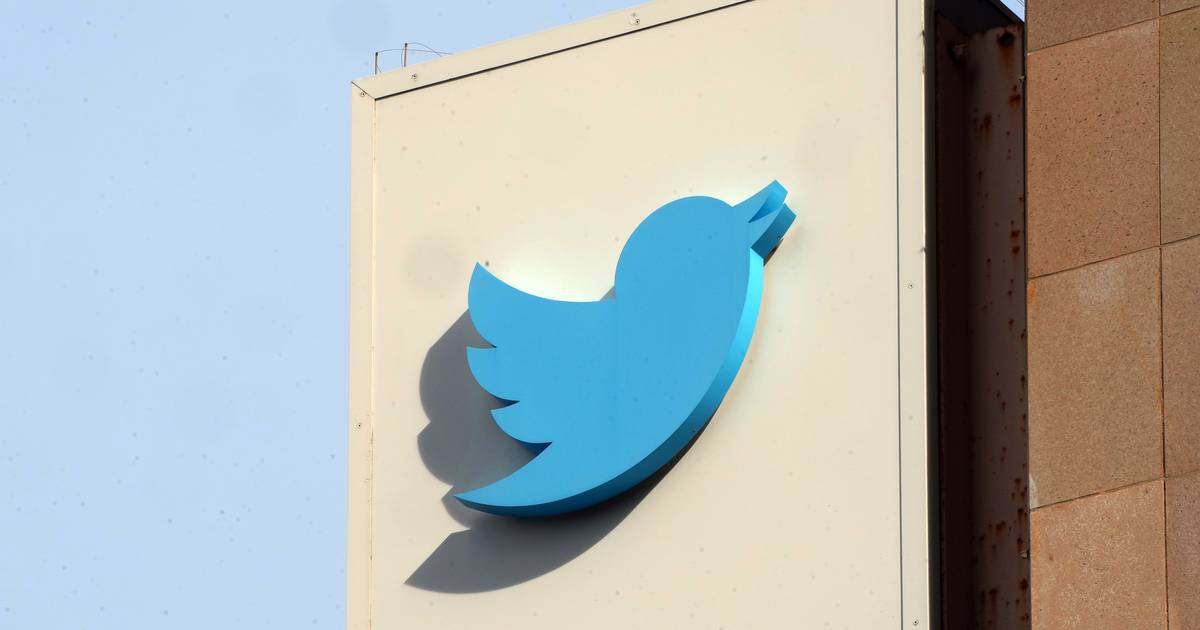Moved to @[email protected]
- 1 Post
- 35 Comments
Biden supported a 1994 crime bill that is considered racist today.
Some context is required there, though. The 1994 crime bill did have significant support among Black leaders and activists. It was seen as an imperfect solution to a critical issue that disproportionately affected Black neighborhoods at the time.

Are we replacing infrastructure or are we just adding capacity?
They are ultimately going to wind up as one and the same. We need to add more capacity before we can rid ourselves entirely of fossil fuel. Using grid power for things like HVAC, cooking, and electric vehicles means those devices get more CO2 efficient as the grid generation gets more efficient.
What is this number if you exclude China?
According to this source, largely unchanged. China’s a touch above the average, but relies heavily on fossil fuel, with a large share of that being very dirty coal. Its campaign to install renewables is encouraging, though.

Don’t dismiss it based on that criteria. It’s a particular type of study called a case study where they go more in-depth on a particular case or set of cases. Of course it should be complemented by other types of studies, but that’s just true of science in general. The danger, of course, is when laymen and journalists get excited over something like a case study and start spreading bad advice.

It’s the same with many infrastructure problems. You hear about some interesting infrastructure project that’s going to transform regional travel, improve transit, make biking/walking safer, or prepare for future natural disasters. Then it takes forever for them to go into place because it takes a long time to plan, do the legal work, and build. But then the infrastructure goes into place and no one thinks twice about the long process behind it.

There aren’t that many jobs where you can pretend to keep your hands clean. My husband’s first job was at a startup he described as “helping rich people gamble with their money”. I’m currently working for a public university, which I felt pretty great about from a morality perspective, but the pay is probably around 2/3 of what I would be getting in the private sector.

It depends on what you’re trying to do. If you’re just trying to reach them and don’t care about bandwidth, wireless is the way to go. It’s why more developed countries lagged behind developing countries on the transition to wireless phones. But when you’re trying to deploy shear amounts of bandwidth, nothing beats fiber. It’s incredibly fast, has low latency, and doesn’t get interference.
And I suppose I should say that I think unlimited is a bad idea in general. I favor paying for what I use. People who use expensive infrastructure sparingly should pay less than people use it a lot.

In short, the Administrative Procedure Act. It sets out the procedures that have to be followed before policy decisions get made. If the FCC doesn’t follow the APA’s procedures exactly, that gives the industry grounds to sue. Even if the industry eventually looses, it would still mean a stay on the new policies during which they would continue to exploit consumers.
The APA isn’t a bad thing, since it forces federal agencies to be deliberate in making policy decisions that could have far reaching consequences. That said, it does make the government even slower to react to situations that often change quickly. But it has tripped up this administration and previous administrations when they have tried to make hasty decisions, including Trump with his “Muslim ban”.


If you look at Hillary’s broader statements, she has always favored universal single-payer healthcare. She worked her ass off to get a plan passed in 1994, and she was relentlessly attacked for it.
The last time Democrats got successful movement on healthcare was March 2010 with a filibuster proof Democratic majority in the Senate, a majority in the House, and a popular new president in the White House. Even then, only a relatively tepid compromise bill was passed, with even the “public option” stripped out (thanks Joe Lieberman).
Will conditions change in the future? Quite possibly, especially as our health care becomes increasingly unaffordable. Maybe it’s not so helpful to have senior politicians telling voters something is impossible and potentially affecting the Overton Window. But Hillary’s warning, that Bernie Sanders’ plan hadn’t a chance of getting passed, was a good reality check.